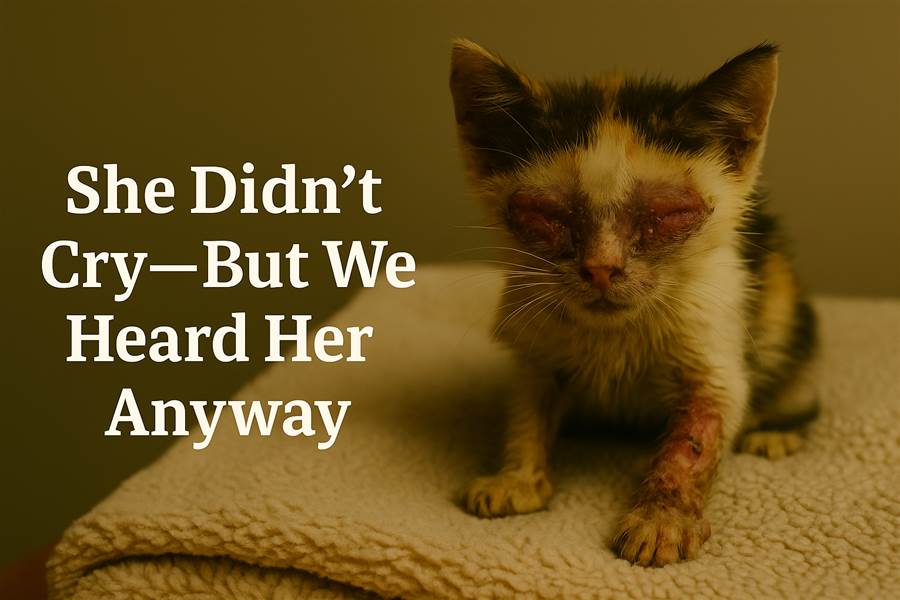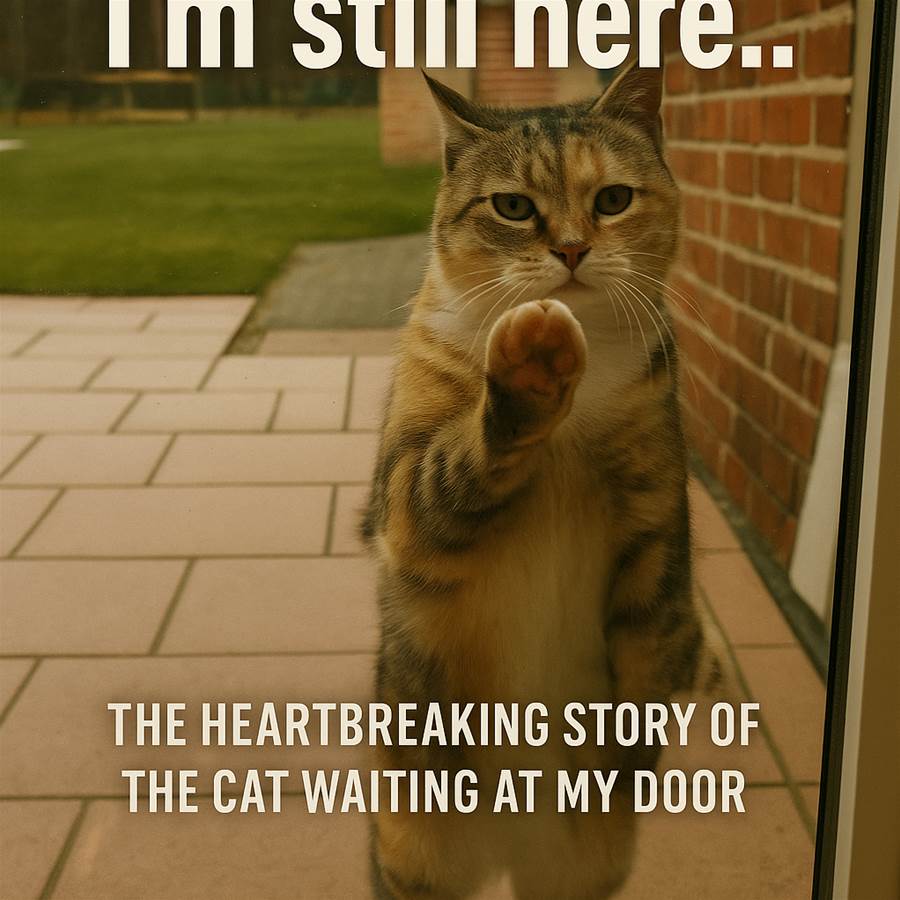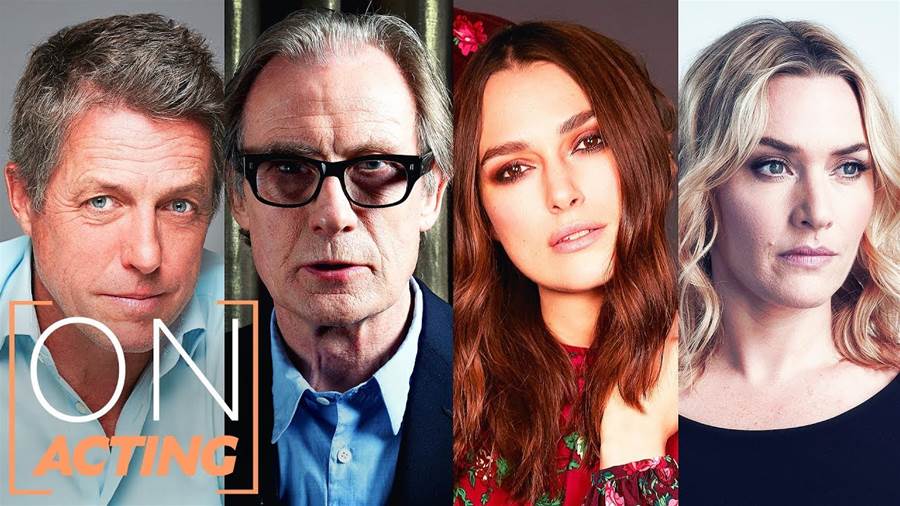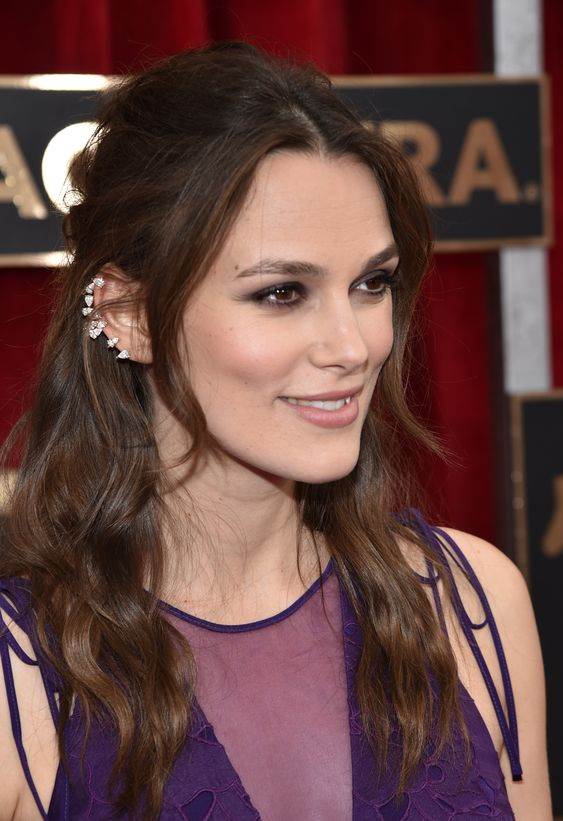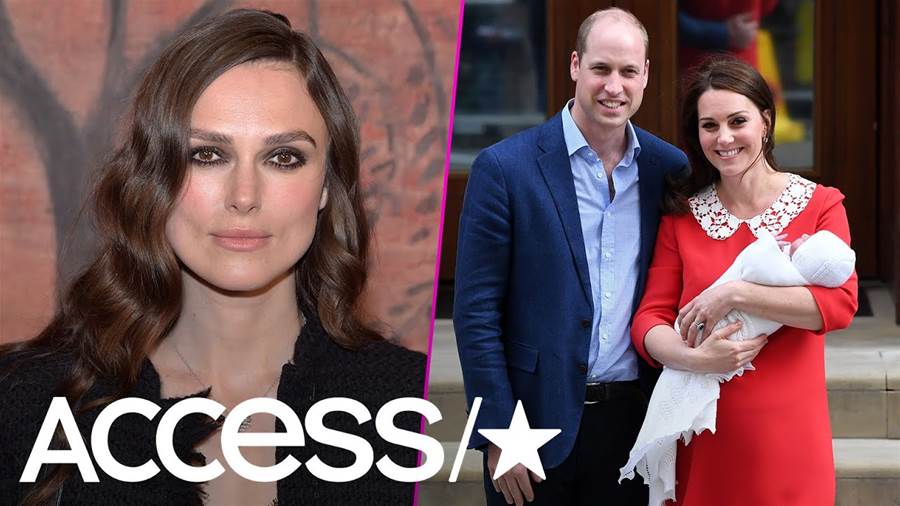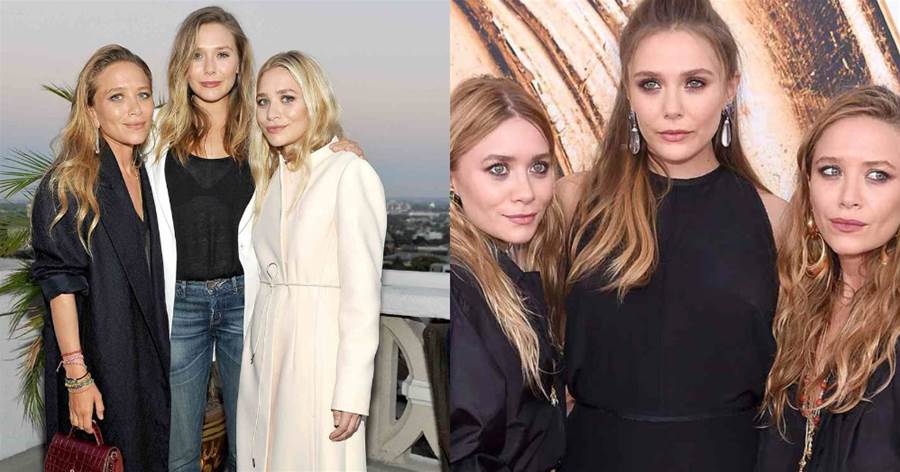
In a recent controversy, popular rapper Cardi B has found herself under fire for allegedly lying about a makeup artist, MUA Blacswan. The artist publicly criticized Blacswan, but soon faced backlash when evidence emerged suggesting that Cardi had been dishonest.
The feud began when Cardi B took to social media to condemn Blacswan for alleged unprofessional behavior. She accused the makeup artist of failing to show up for a scheduled appointment, leaving her frustrated and without a glam squad for an event.
However, the situation took an unexpected turn when Blacswan responded with evidence debunking Cardi's claims. The makeup artist shared screenshots of text conversations to establish that she had actually canceled the appointment due to an emergency. The proof contradicted Cardi's accusation and fueled further controversy surrounding the rapper's credibility.
The article is not finished. Click on the next page to continue.
